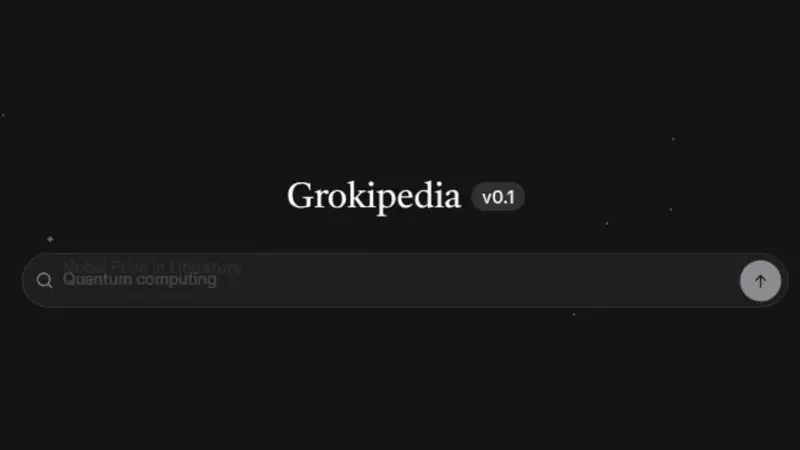
Elon Musk's xAI has launched a new contender in the world of online knowledge - Grokipedia, an AI-powered encyclopedia that aims to revolutionize how we access information. As someone who's spent considerable time testing this new platform, I'm here to share my comprehensive findings about whether it truly delivers on its promises.
First Impressions: The Grok AI Difference
Grokipedia isn't your typical encyclopedia. Powered by Musk's Grok AI, it promises real-time information processing with a conversational approach to knowledge delivery. Unlike traditional encyclopedias that present static information, Grokipedia engages users in a more dynamic, interactive experience.
What Sets Grokipedia Apart?
The platform's most distinctive feature is its ability to provide information in multiple formats. Whether you prefer concise summaries, detailed explanations, or conversational Q&A sessions, Grokipedia adapts to your preferred learning style. This flexibility represents a significant departure from the one-size-fits-all approach of conventional encyclopedias.
Performance Analysis: Strengths and Weaknesses
During my testing, Grokipedia demonstrated impressive capabilities in several areas:
- Real-time Information: The AI's ability to process and present current information sets it apart from many traditional sources
- Multiple Perspectives: Grokipedia often presents different viewpoints on controversial topics, providing a more nuanced understanding
- User-Friendly Interface: The clean, intuitive design makes navigation straightforward even for non-tech-savvy users
However, I also noted some areas needing improvement:
- Inconsistency in Depth: Some topics receive comprehensive coverage while others feel surprisingly sparse
- Citation Transparency: The sources behind information aren't always as clear as they could be
- Limited Historical Data: For deeply historical topics, traditional encyclopedias still hold an advantage
How Grokipedia Compares to Wikipedia
The elephant in the room is how Grokipedia measures up against Wikipedia, the established giant in crowd-sourced knowledge. While Wikipedia relies on human editors and verifiable sources, Grokipedia leverages AI to synthesize and present information. Each approach has its merits:
- Speed vs Accuracy: Grokipedia provides faster responses, but Wikipedia's community-edited model often delivers more thoroughly vetted information
- Accessibility: Grokipedia's conversational approach may appeal to those who find traditional encyclopedia formats intimidating
- Comprehensiveness: Wikipedia's vast contributor network gives it an edge in topic coverage and depth
The Future of AI-Powered Knowledge
Grokipedia represents an important step in the evolution of how we access and interact with information. While it may not replace Wikipedia entirely, it demonstrates the potential for AI to complement traditional knowledge sources. The platform's ability to provide instant, conversational responses to complex queries hints at where online knowledge platforms might be heading.
Key Takeaway: Grokipedia isn't just another encyclopedia - it's a glimpse into the future of AI-assisted learning and information retrieval. As the technology matures, we can expect even more sophisticated approaches to knowledge delivery that blend AI capabilities with human expertise.
For now, Grokipedia serves as both a useful tool and an exciting prototype of what's possible when artificial intelligence meets the human thirst for knowledge. Whether you're a student, researcher, or simply curious, it's worth exploring this new frontier in information technology.





